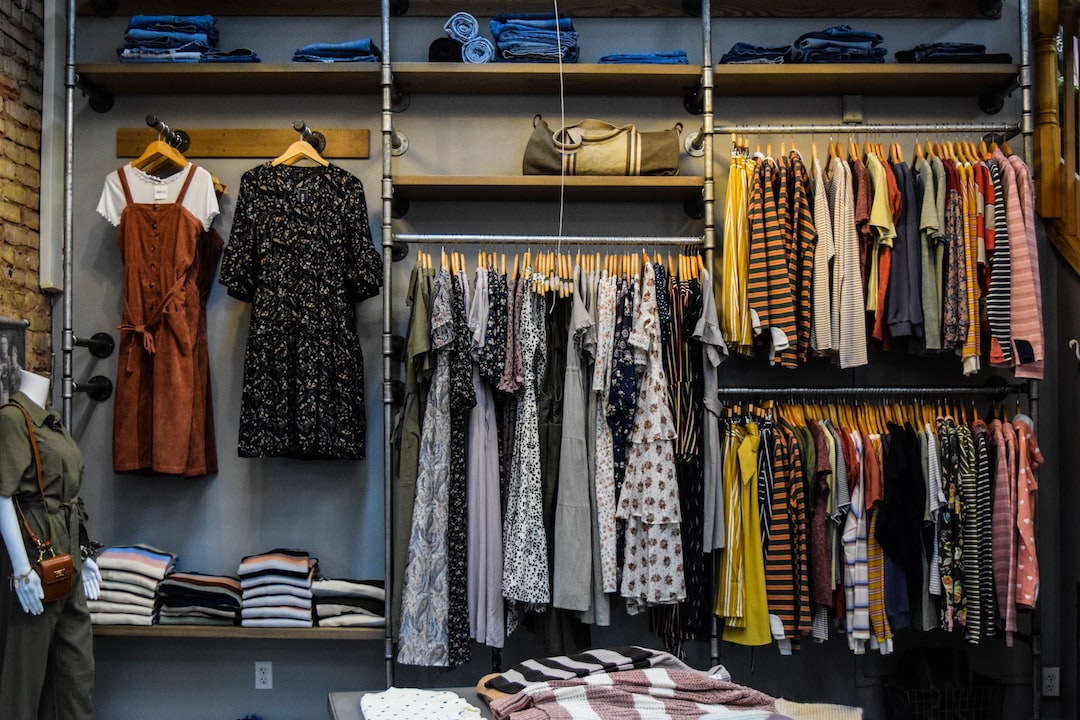The Impact of Influencer Marketing on Retail Sales
In today’s digital age, the world of marketing has undergone a massive transformation. Gone are the days when traditional advertising methods like TV, radio, and print were the primary means to reach consumers. With the rise of social media platforms, influencer marketing has emerged as a powerful tool for brands to promote their products and increase retail sales.
Influencer marketing involves partnering with popular social media personalities, known as influencers, who have a large following and wide influence over their audience. These influencers often create content related to specific niches such as beauty, fashion, fitness, or travel, and have the ability to sway their followers’ opinions and purchasing decisions. This unique power has been leveraged by brands to boost their retail sales in a highly effective and targeted manner.
One of the key reasons why influencer marketing has such a significant impact on retail sales is the trust and credibility influencers have built with their audience. Unlike traditional ads, where consumers are aware that the intent is to sell, influencers offer a more personal and authentic recommendation. Their followers trust their opinions and recommendations, considering them as unbiased and genuine suggestions rather than blatant advertising.
Moreover, influencer marketing provides an unparalleled opportunity for brands to reach their target audience. With the help of influencers, brands can tap into specific niches and demographics, ensuring that their message reaches the right people who are most likely to have an interest in their products. This targeted approach minimizes wasted advertising efforts and allows brands to maximize their return on investment.
The impact of influencer marketing on retail sales can be clearly seen in the beauty industry. Beauty influencers on platforms like Instagram and YouTube have millions of followers who eagerly await their reviews and recommendations regarding various skincare and makeup products. When an influencer praises a particular brand or product, their followers are inclined to try it out for themselves. Consequently, retail sales of these products skyrocket as consumers flock to purchase them based on the influencer’s endorsement.
The fashion industry is another sector significantly influenced by this marketing strategy. Fashion influencers showcase trendy outfits and accessories through visually appealing posts on platforms like Instagram. Their followers, predominantly fashion enthusiasts, often look up to these influencers for style inspiration and advice. Consequently, when influencers collaborate with fashion brands, retail sales of those products rise, as their followers desire to emulate the influencer’s sense of style.
Influencer marketing has also had a profound impact on the retail sales of fitness products. Fitness influencers, with their inspiring workout routines, healthy lifestyle choices, and muscular physiques, motivate their followers to adopt a similar fitness journey. When these influencers promote fitness brands and products, their followers associate those items with achieving their fitness goals. This association often leads to increased retail sales of fitness equipment, activewear, and nutritional supplements.
However, it is important to note that influencer marketing is not solely restricted to these industries. Almost every retail sector has experienced the impact of this marketing strategy to some extent. From travel influencers promoting hotels and travel apparel to food influencers recommending new restaurants and cooking gadgets, influences have proven time and again that they hold immense power in driving retail sales for a vast array of products.
Undoubtedly, influencer marketing has revolutionized the way brands approach retail sales. Its unique ability to leverage trust and authenticity, combined with targeted reach, has made it a force to be reckoned with in the marketing landscape. As the social media landscape continues to evolve, it is safe to say that influencer marketing will continue to impact retail sales, connecting brands with their target consumers in a more personal and effective manner.

